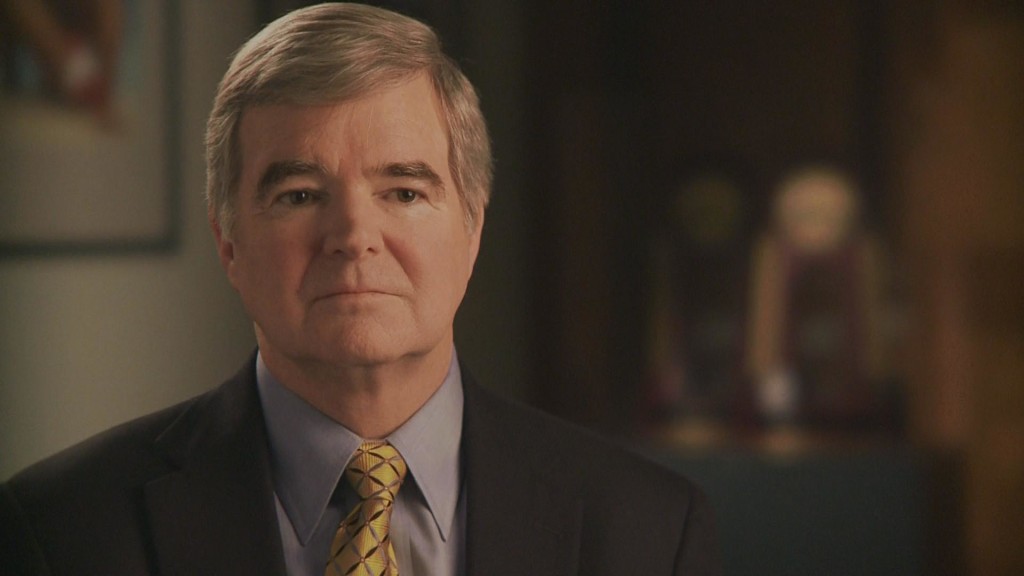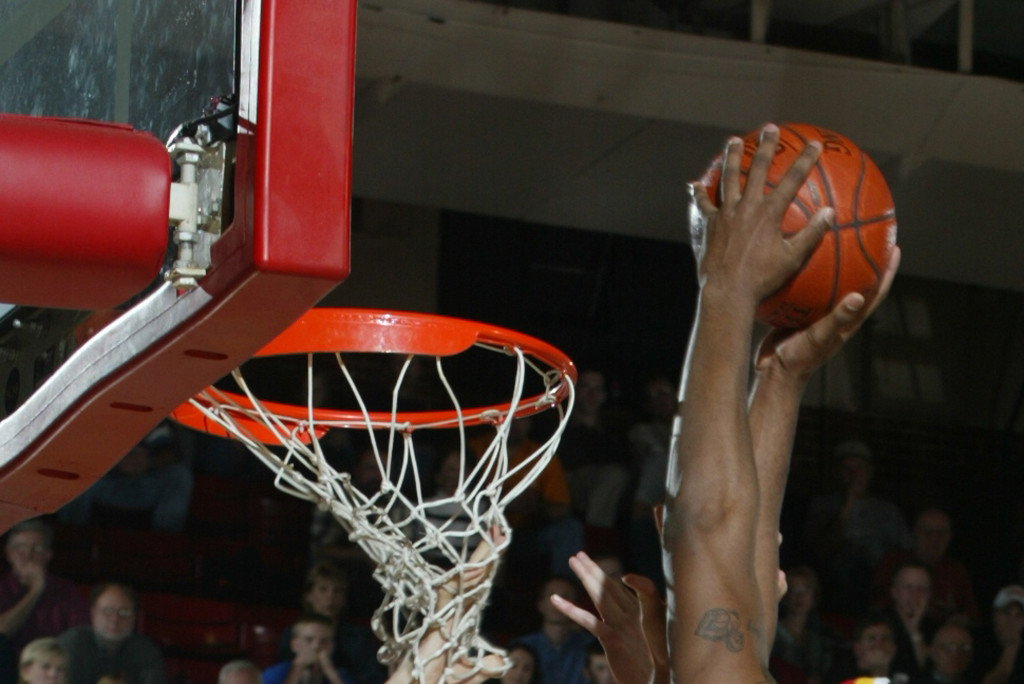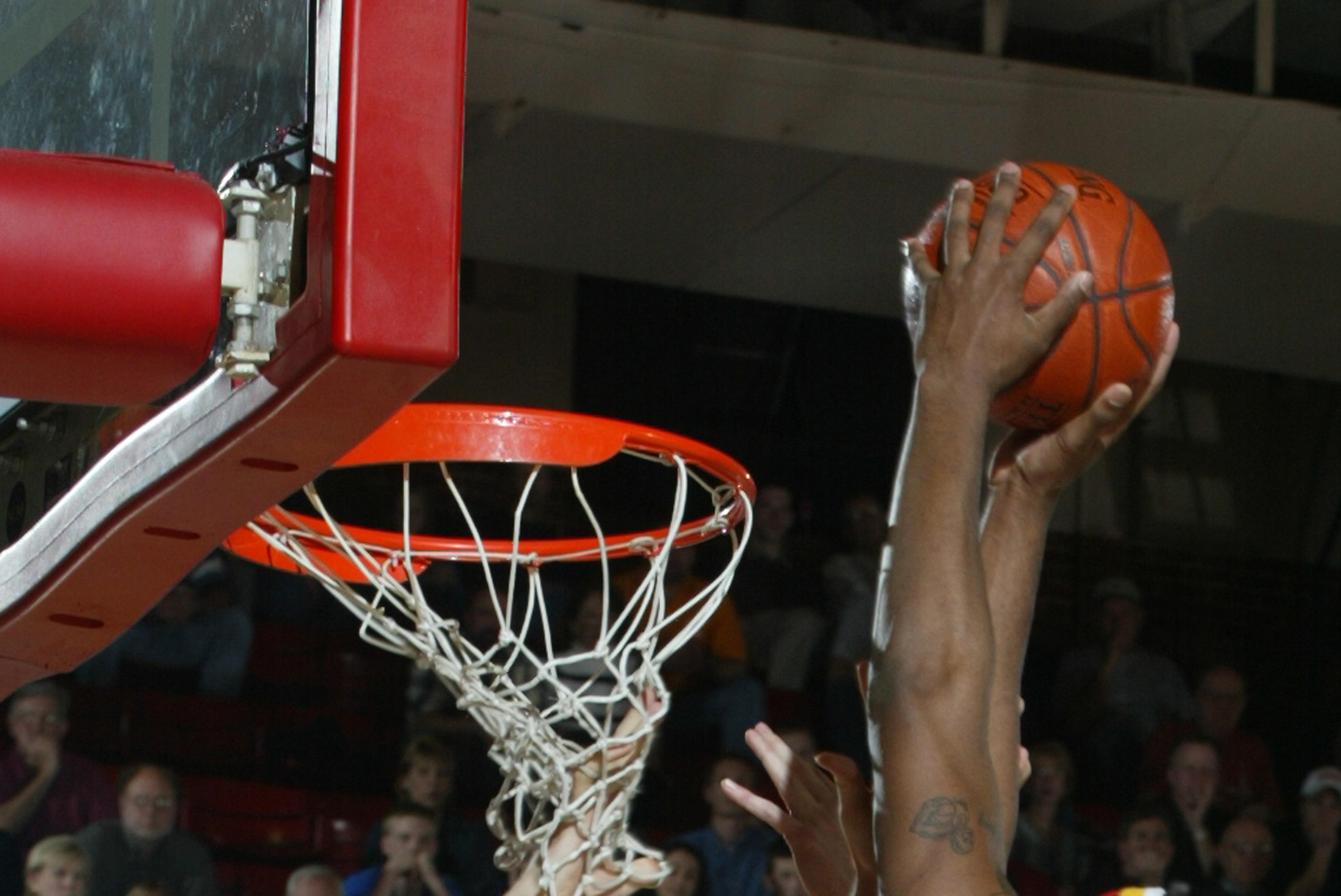NCAA President Says He’s Ready to Explore Increasing Financial Aid for Athletes

March 30, 2011
Share
Just 24 hours after the airing of a FRONTLINE documentary investigating the role and distribution of money in college basketball, USA Today reported that NCAA President Mark Emmert is considering changes. In contrast to his insistence to FRONTLINE that it would “be utterly unacceptable … to convert students into employees,” Emmert now says the idea of increasing the amount of financial aid for athletes, such as boosting the value of scholarships to cover essential expenses and travel home, should be considered.
Emmert told USA Today that a conversation about the issue will likely happen at an April NCAA board meeting, at which he “‘will make clear … that I want this to be a subject we explore.'” Changes in the rules might include small scholarship increases intended to help take care of normal college expenses and travel. The average scholarship falls about $3,000 short of covering these essential costs.
Watch this clip, which explores the issue of money and scholarships for student-athletes, and view the full program, Money and March Madness, here.
UPDATE: The NCAA has released a statement taking issue with FRONTLINE’s description of NCAA President Mark Emmert’s statement to USA Today. They argue that the latest statement is consistent with three others made in the fall of 2010. In an October interview with The Seattle Times, Emmert acknowledged, but did not comment on, “an ongoing conversation” about the possibility of increasing financial aid for athletes. In November, he told The Wall Street Journal he’d be “open” to the possibility, and that same month told USA Today he “is not opposed to a discussion” of it.
In a lengthy February interview with FRONTLINE correspondent Lowell Bergman, however, he made no mention of the possibility. In fact, he argued that a recently created NCAA fund to address concerns over student costs was working, and said that they “feel pretty good about the arrangements that are available for our student-athletes.”
Now, Emmert is neither simply “open to” a conversation about this question or feeling “pretty good” about where the NCAA stands. He is actively initiating a deeper conversation, telling USA Today that he will bring the topic up at the NCAA’s April board meeting and wants the conversation to happen “the sooner, the better.” It appears to FRONTLINE this constitutes an important shift.
Correction:The headline and body of this post has been changed to better reflect the nature of Emmert’s rhetorical shift.
Related Documentaries
Latest Documentaries
Related Stories
Related Stories
Explore
Policies
Teacher Center
Funding for FRONTLINE is provided through the support of PBS viewers and by the Corporation for Public Broadcasting, with major support from Ford Foundation. Additional funding is provided the Abrams Foundation, Park Foundation, John D. and Catherine T. MacArthur Foundation, Heising-Simons Foundation, and the FRONTLINE Trust, with major support from Jon and Jo Ann Hagler on behalf of the Jon L. Hagler Foundation, and additional support from Koo and Patricia Yuen. FRONTLINE is a registered trademark of WGBH Educational Foundation. Web Site Copyright ©1995-2025 WGBH Educational Foundation. PBS is a 501(c)(3) not-for-profit organization.





















